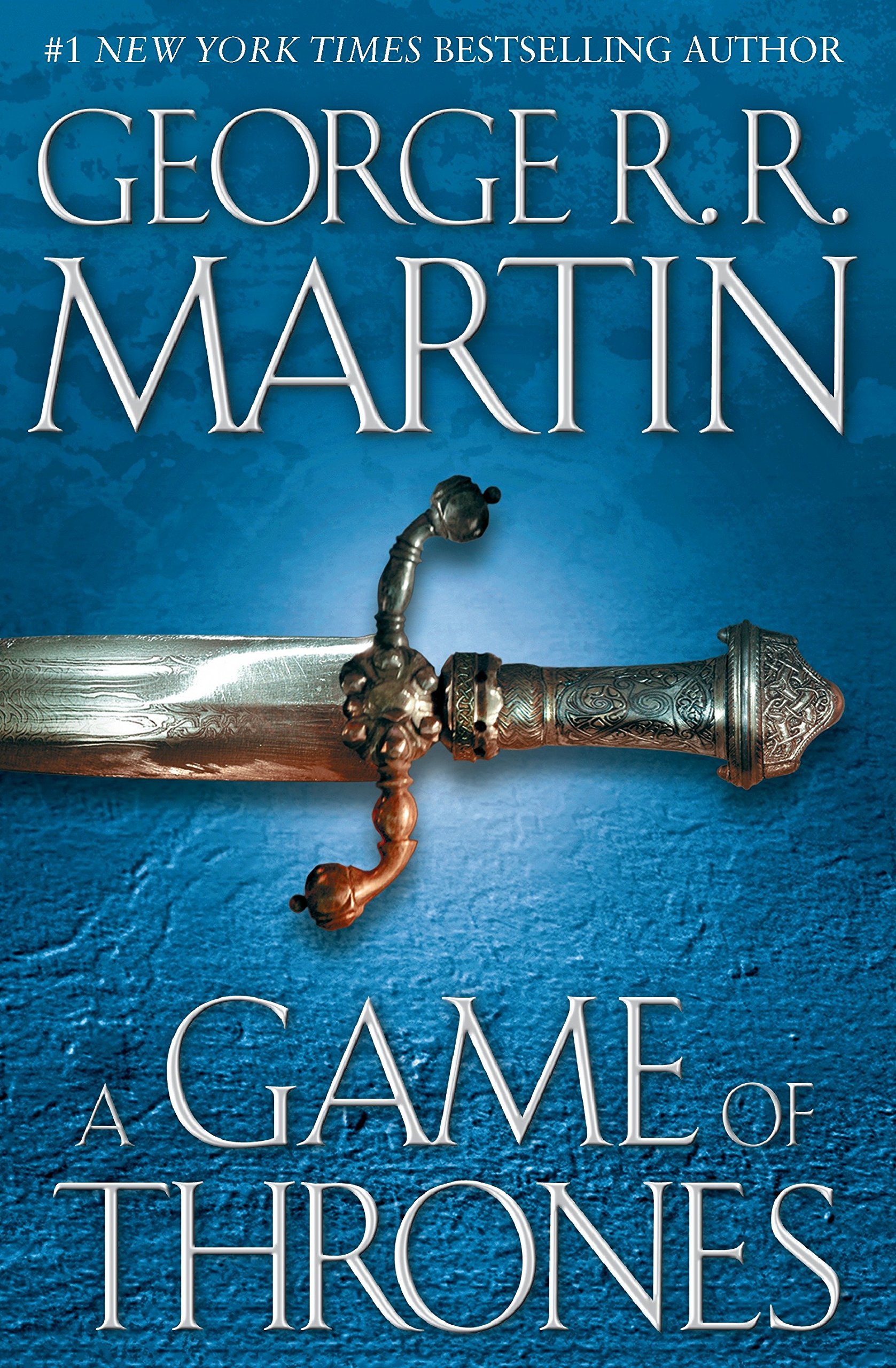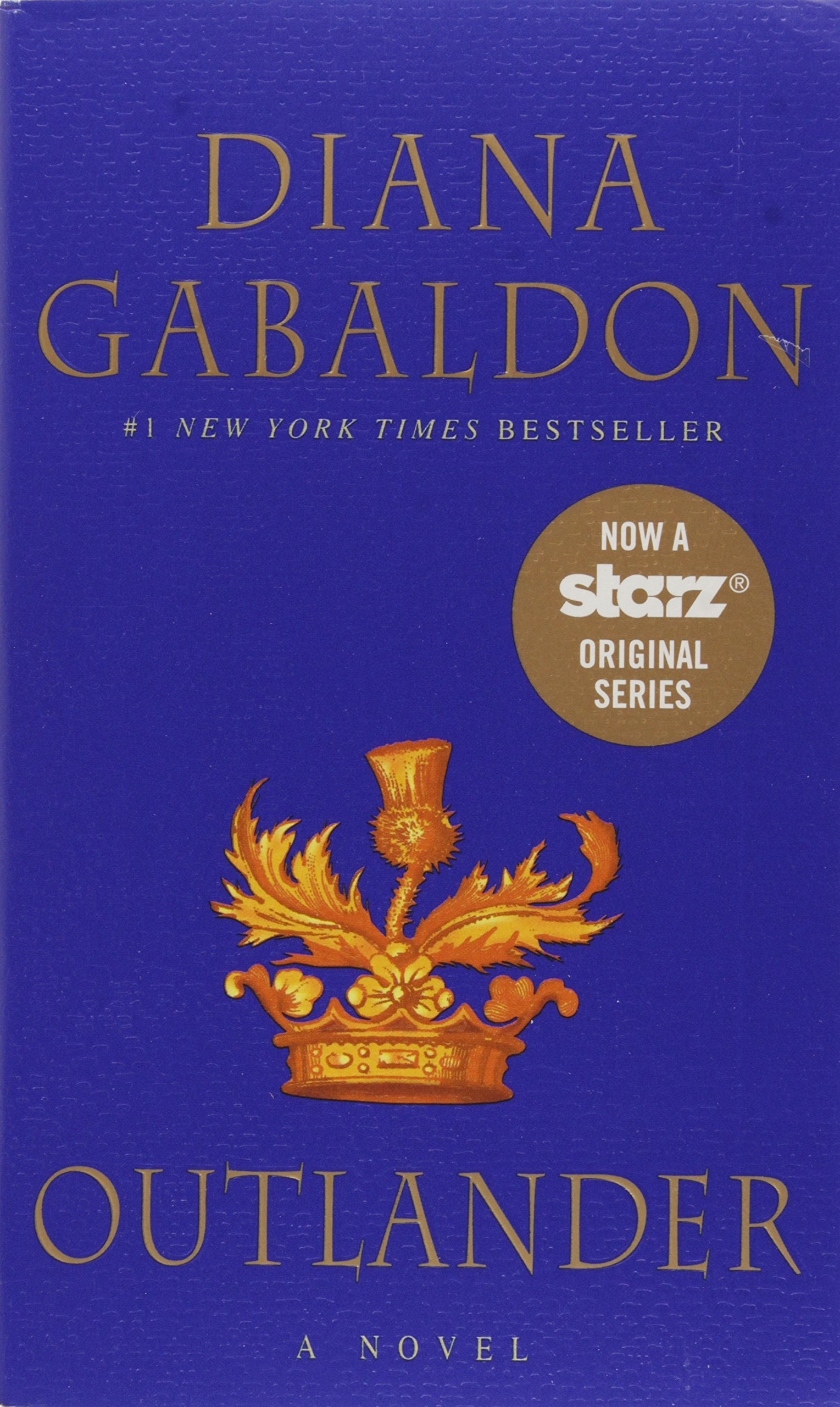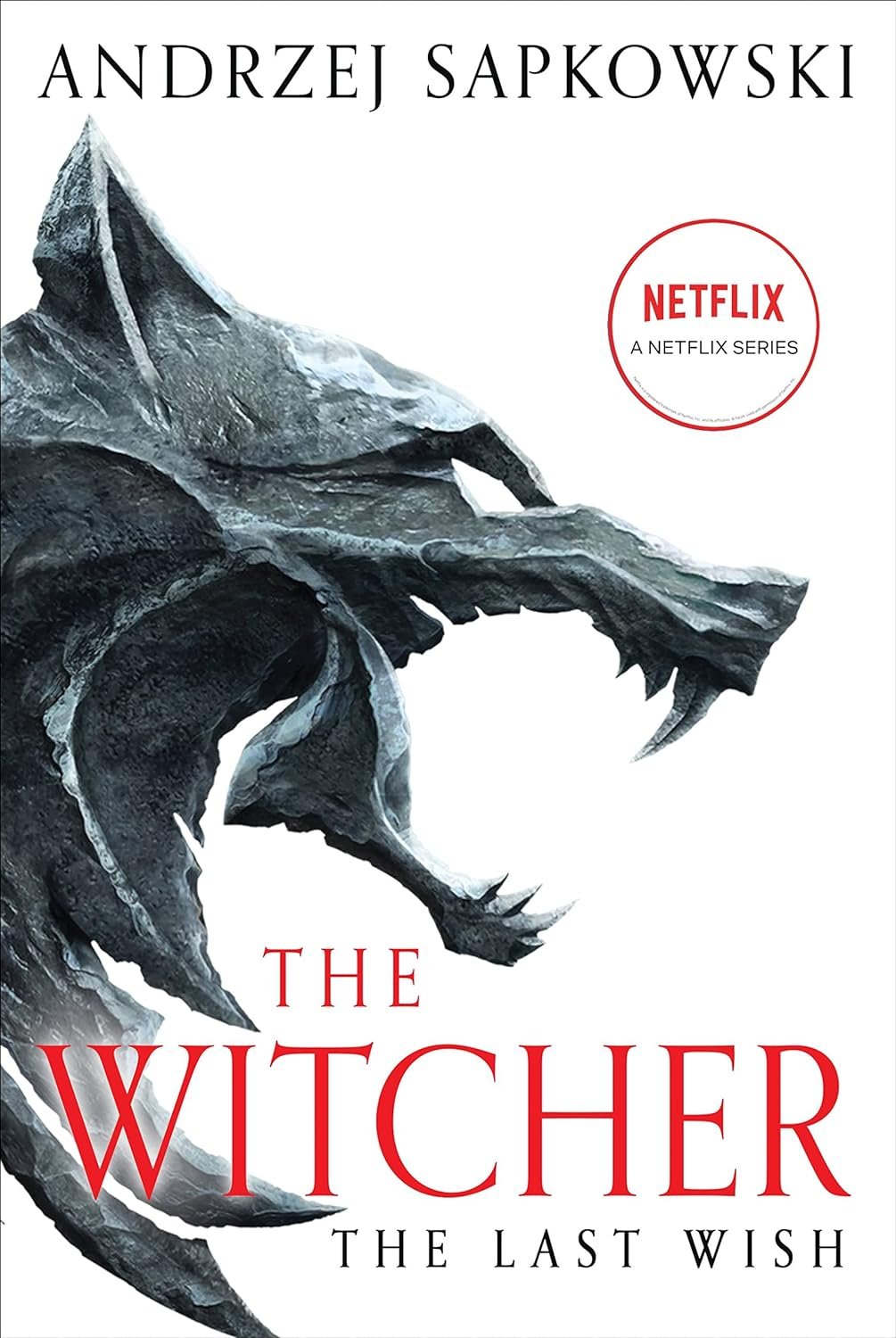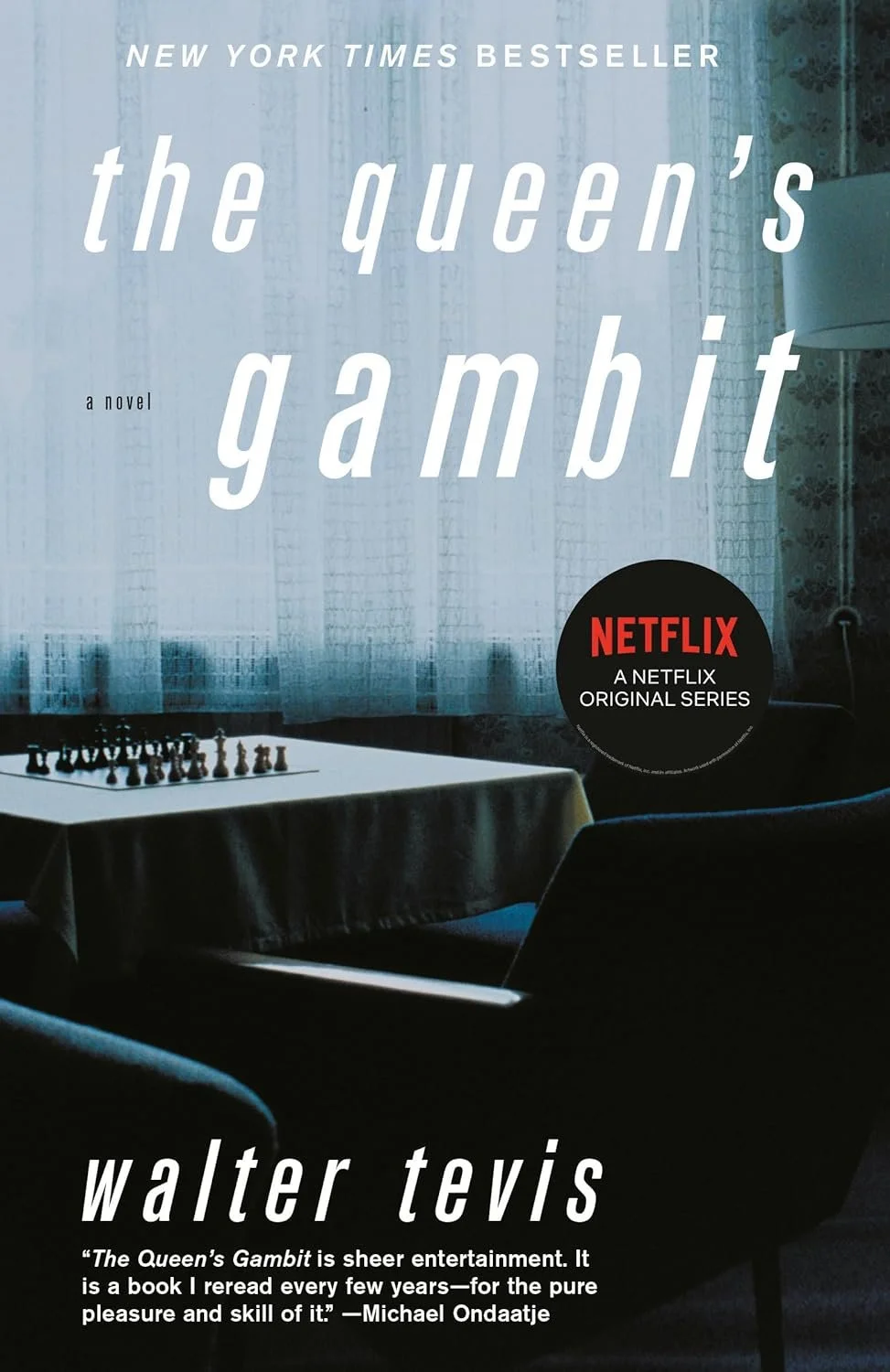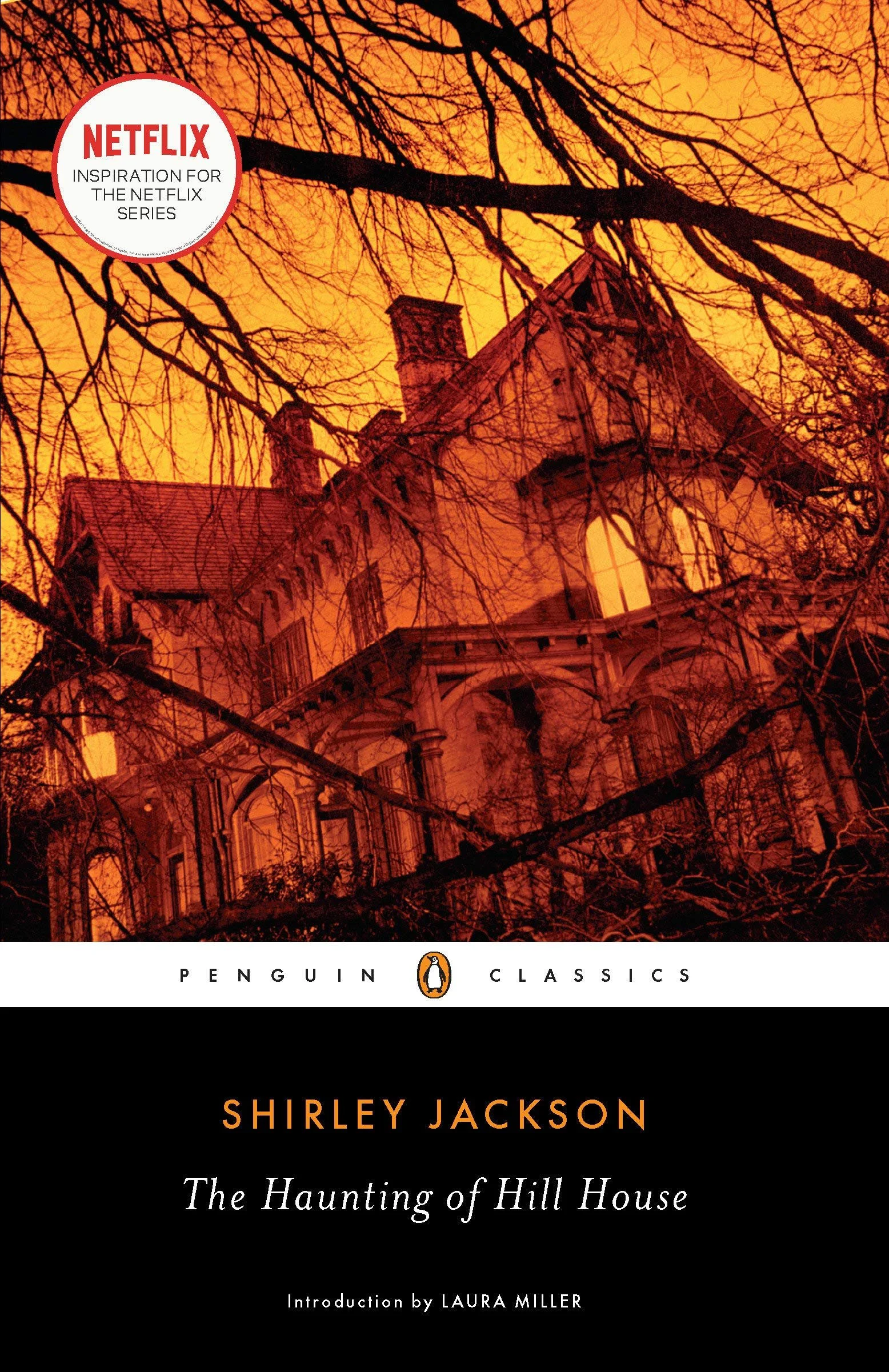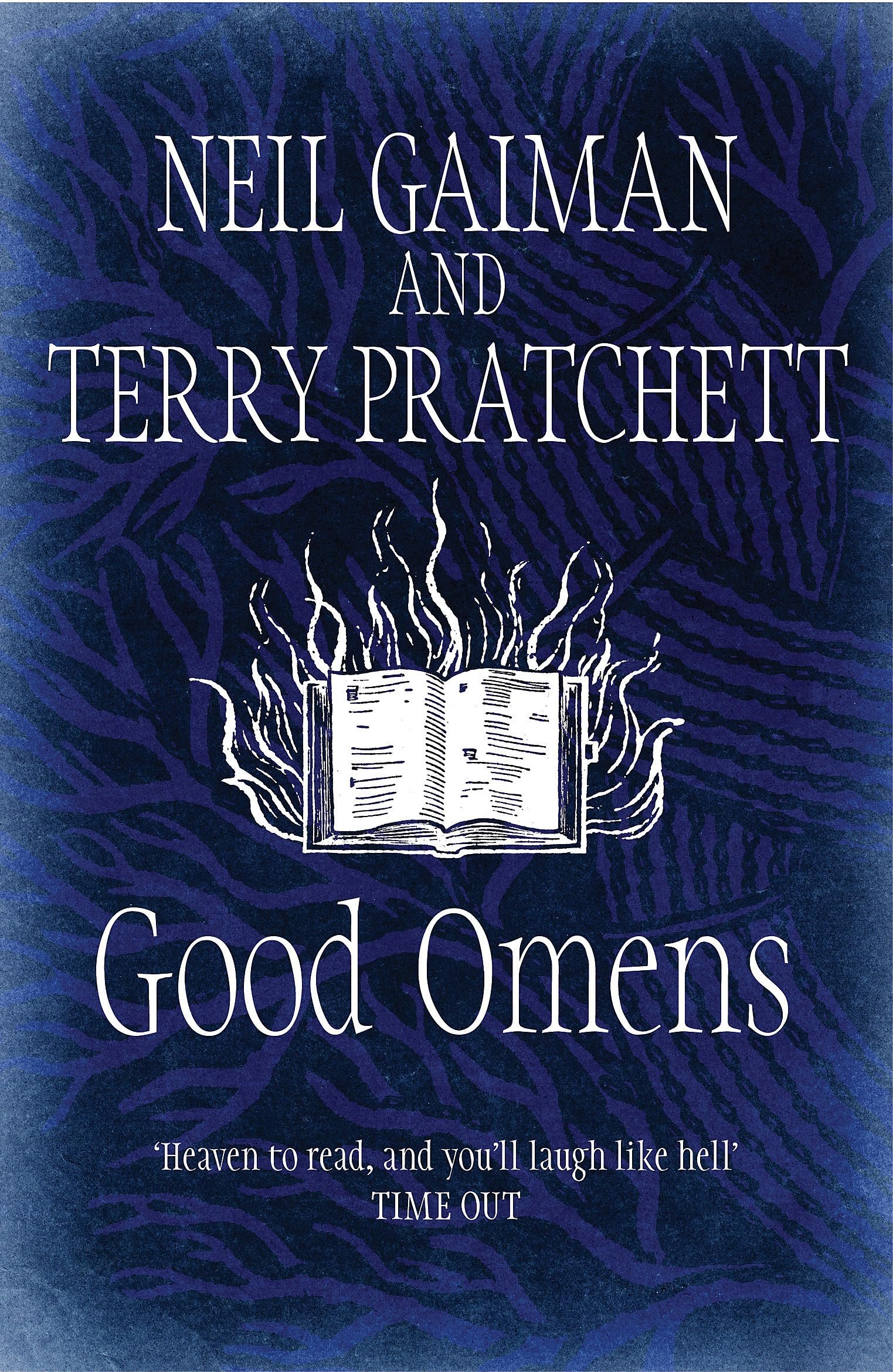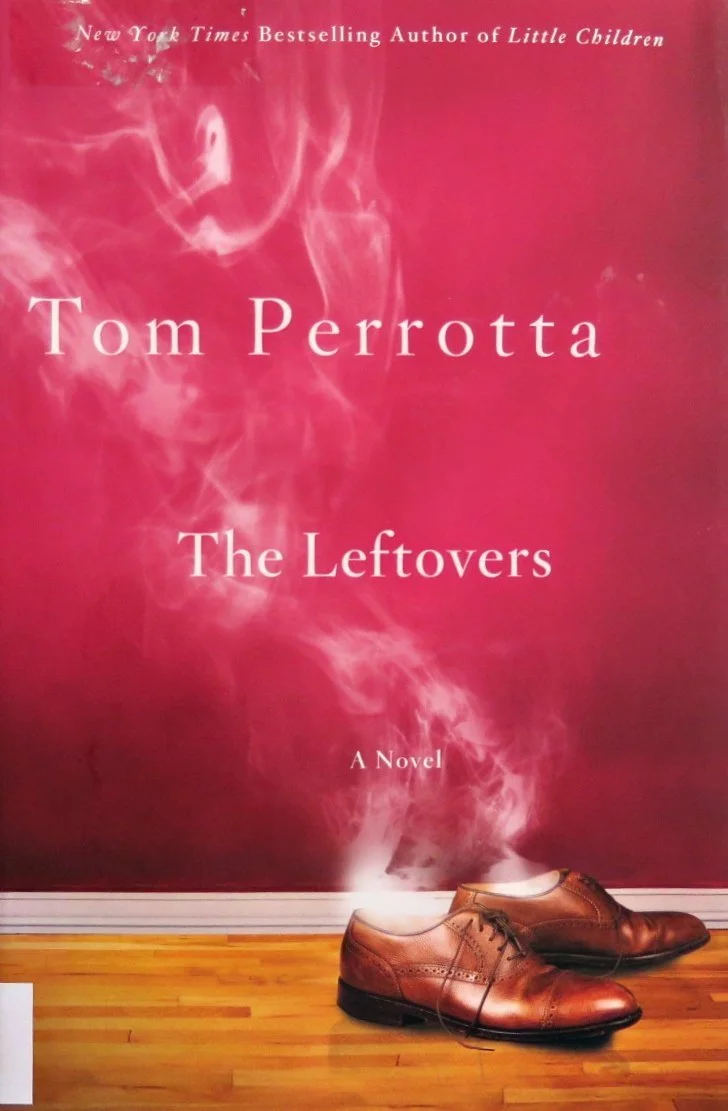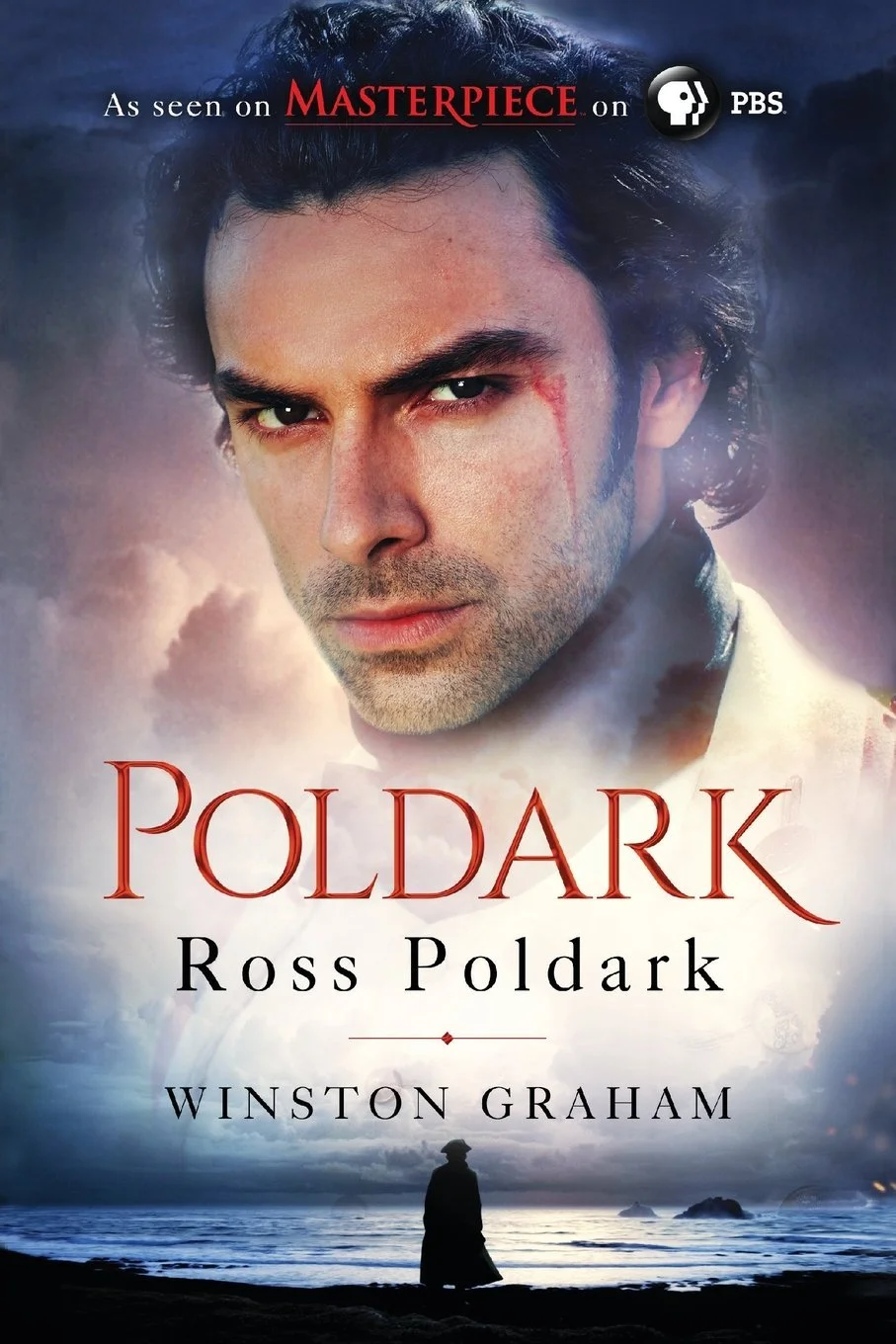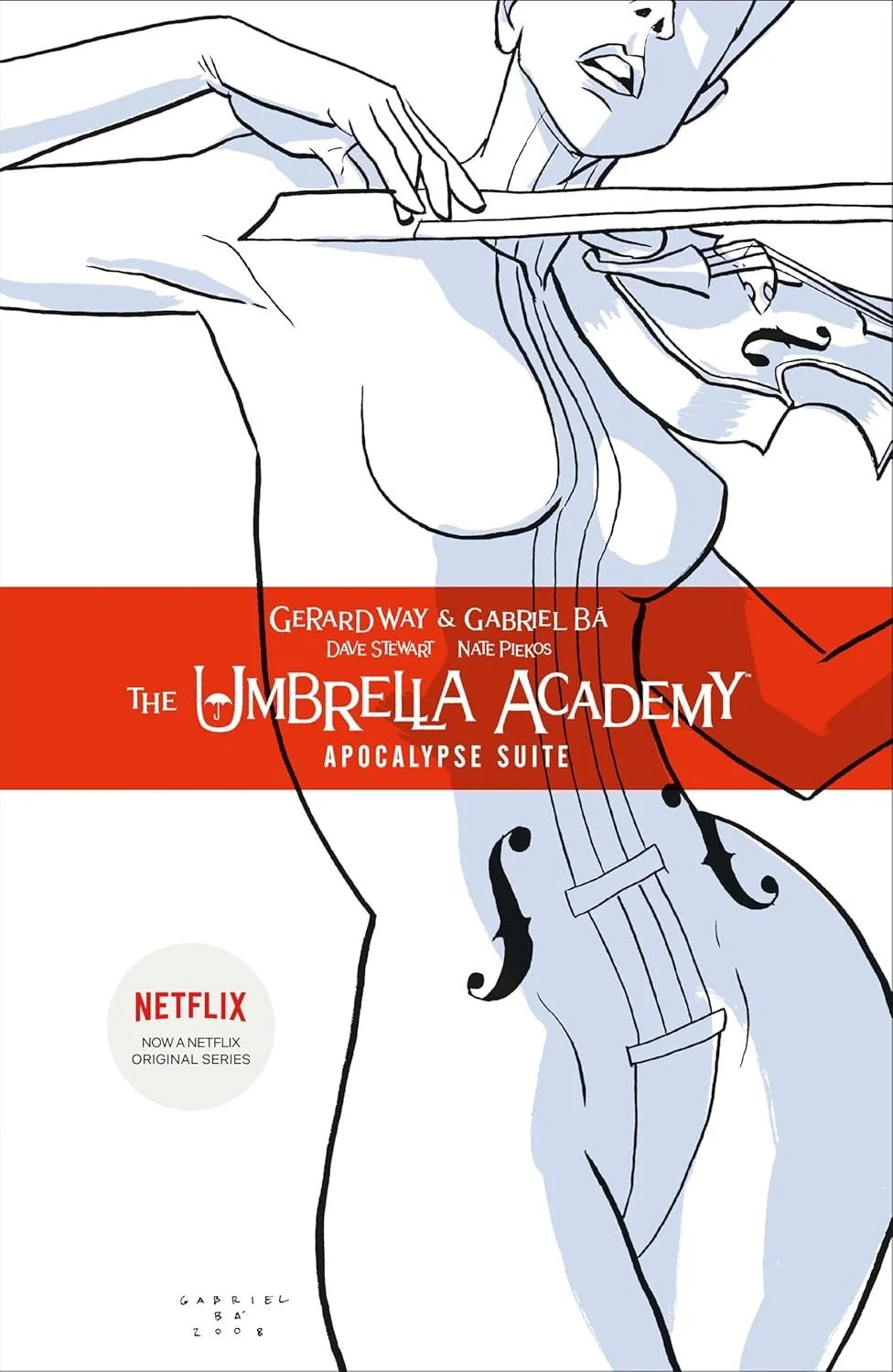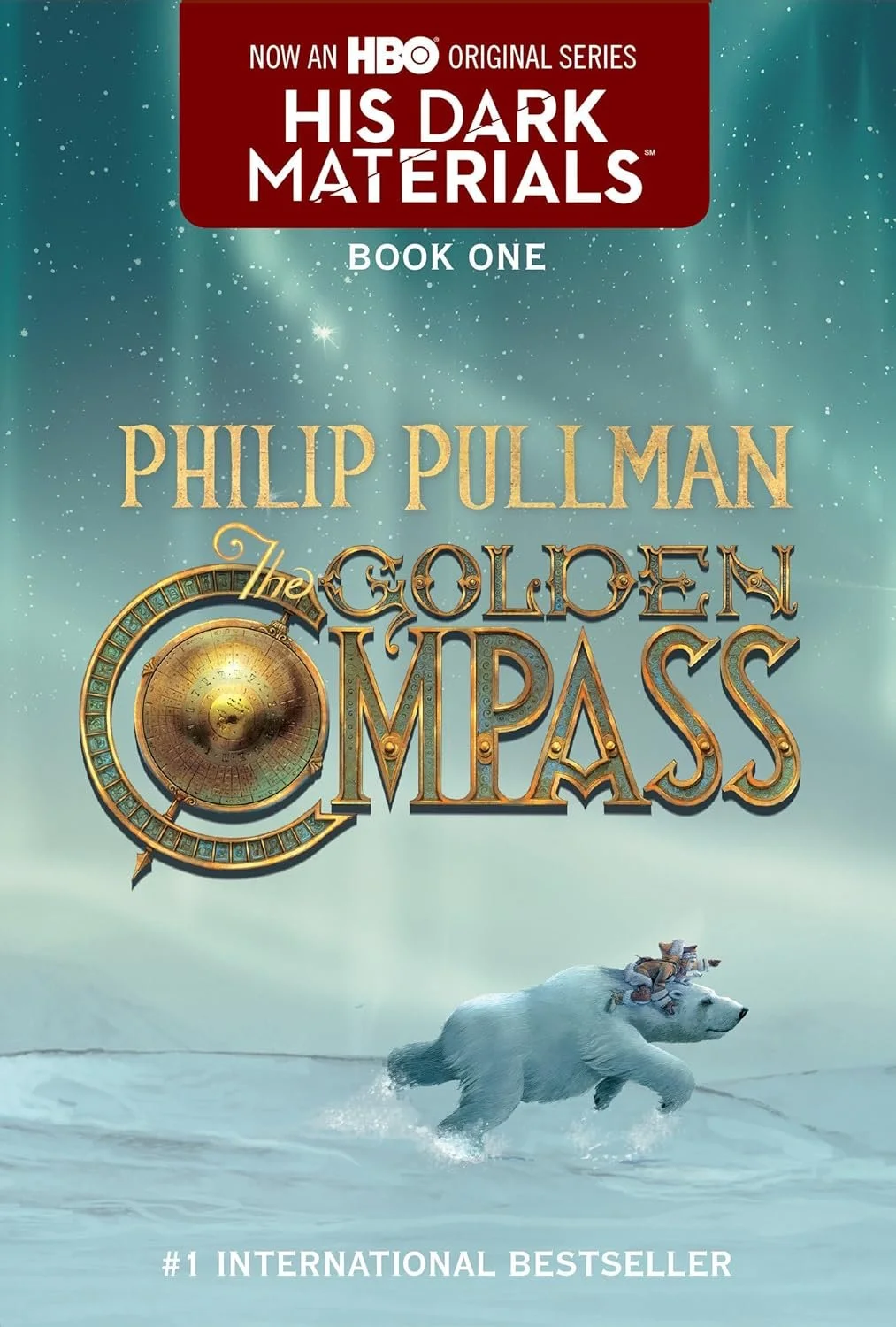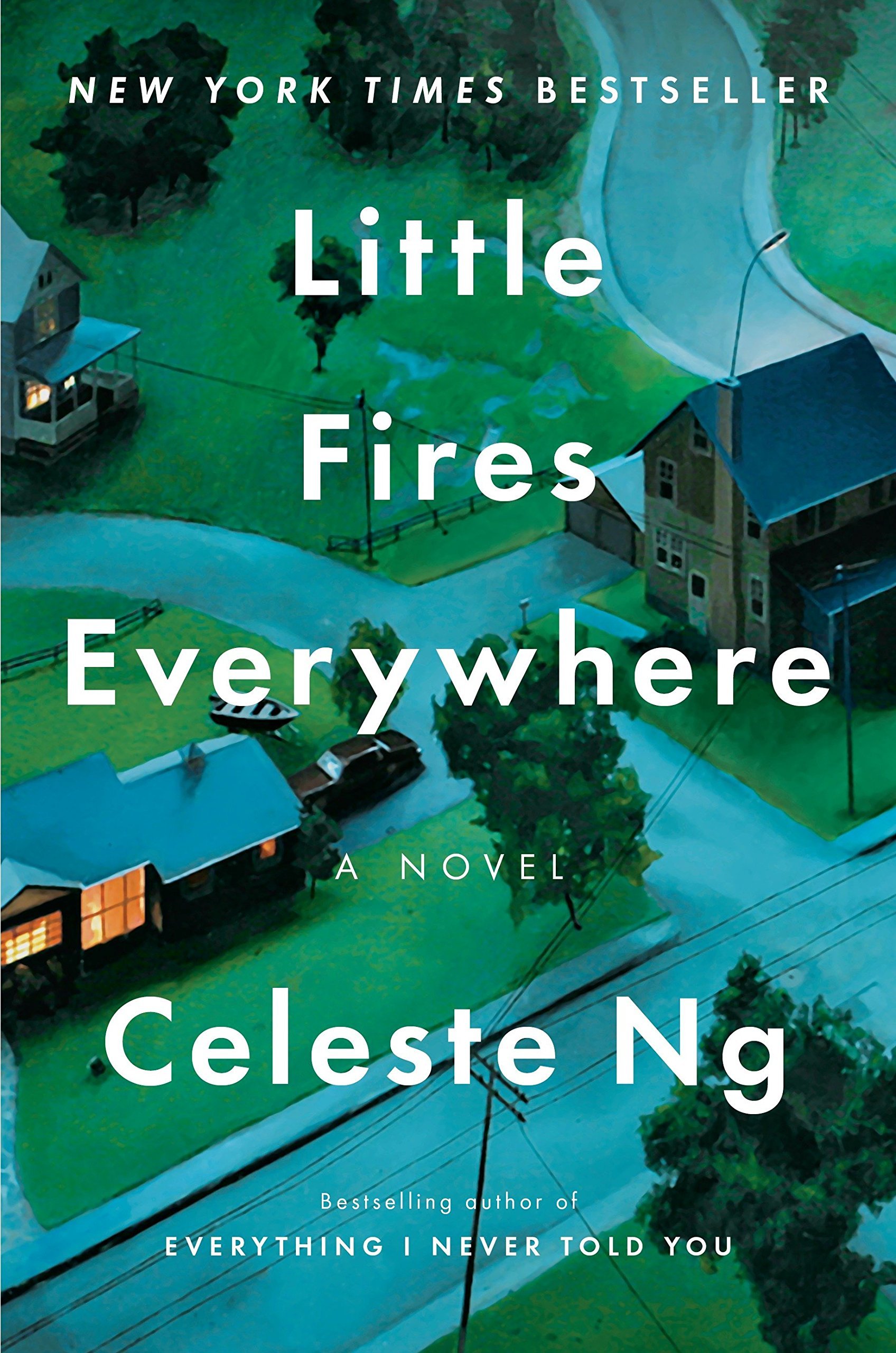20 Best Book To TV Adaptations
Best Book To TV Adaptations
I want to note that I do not get paid to do these posts, I just love authors and the book industry. However, they do take time and energy to create. If you want to donate a few dollars to my coffee fund, which keeps this blog going, you can do so here: https://venmo.com/AshleyHasty or here: http://paypal.me/hastybooklist.
Book-to-TV adaptations have become a significant trend in the entertainment industry, bridging the gap between literature and visual storytelling. These adaptations are special because they allow readers to see their favorite stories and characters brought to life in a new medium, offering a different kind of immersion into the world they’ve come to love. However, not all TV adaptations are created equal, and the success of these adaptations can vary widely depending on several factors.
The Magic of Book-to-TV Adaptations
One of the most exciting aspects of a book-to-TV adaptation is the opportunity to expand the universe of the story. While books offer deep, internal perspectives and rich descriptions, television brings those elements to life through visual and auditory experiences. This combination can create a powerful, multi-sensory experience for the audience. Fans can see the settings, hear the voices of their beloved characters, and experience the narrative in a way that can be more immediate and visceral than reading.
Furthermore, TV adaptations can offer new interpretations or perspectives on a story. Showrunners and directors may choose to emphasize different themes or explore subplots that weren’t fully developed in the original books. This can add layers of depth to the story and provide fresh insights even to those who are already familiar with the source material.
The Variability in Adaptations
However, not all adaptations achieve this potential. The variability in the success of book-to-TV adaptations often comes down to how faithfully the showrunners interpret the source material and the creative liberties they take. Some adaptations strive to be as true to the book as possible, carefully translating the narrative and dialogue onto the screen. These adaptations are often appreciated by fans of the original work for their fidelity, though they can sometimes feel constrained or limited by the need to adhere closely to the source material.
On the other hand, some adaptations take more creative liberties, altering plot points, characters, or even the tone of the story to better suit the television format or to appeal to a broader audience. While this approach can lead to fresh, innovative interpretations, it can also alienate fans of the book if the changes stray too far from what made the original story compelling.
Moreover, the episodic nature of television can influence how a story is told. Some books, with their complex plots and deep character development, are better suited to long-form storytelling, which allows for the gradual unfolding of narrative arcs. Others might be more challenging to adapt because they rely heavily on internal monologue or non-linear storytelling, which doesn’t always translate well to the screen.
Notable Examples and Their Impact
The success of an adaptation often depends on the balance between staying true to the source material and making the necessary changes to adapt it for television. For example, Game of Thrones, based on George R.R. Martin’s A Song of Ice and Fire series, became a cultural phenomenon partly because it managed to capture the intricate politics and complex characters of the books while also making bold changes to keep viewers engaged. However, the divergence from the books in later seasons sparked controversy among fans, illustrating the risks involved in straying from the original material.
Conversely, The Handmaid’s Tale, adapted from Margaret Atwood’s novel, expanded on the book’s narrative in its later seasons, exploring new storylines and characters. This allowed the series to continue beyond the scope of the original novel, offering a new exploration of its dystopian themes. This approach was generally well-received because it maintained the core message and tone of Atwood’s work while expanding the universe in a way that felt consistent with the original.
Book-to-TV adaptations hold a special place in the world of entertainment because they offer a new way to experience beloved stories. However, the success of these adaptations varies greatly depending on how the material is handled. Faithfulness to the source material, creative interpretation, and the unique demands of television all play a role in shaping the final product. When done well, a TV adaptation can deepen the audience’s connection to a story, offering new insights and a fresh perspective on a familiar world. But when done poorly, it can alienate fans and diminish the impact of the original work. The best adaptations find a way to balance these elements, respecting the source material while also taking advantage of the strengths of the television medium.
Today, I am sharing a round-up of the best book-to-TV adaptations that you should add to their lists.
Best Book To TV Adaptations
In recent years, the landscape of book adaptations has expanded beyond the big screen, with an increasing number of beloved novels being transformed into compelling television series. While book-to-movie adaptations have long been a staple of Hollywood, the rise of streaming platforms and episodic storytelling has paved the way for a growing trend of book-to-TV adaptations. This shift allows for a deeper exploration of complex narratives and characters that might be too expansive for a single film. But what exactly makes a good book-to-TV adaptation? Is it the faithful recreation of the source material, or the creative liberties taken to fit the medium? In this post, we’ll dive into what sets apart successful adaptations and why some stories are better suited for the small screen.
What Is A Book Adaptation?
A book adaptation is the process of transforming a written work, such as a novel, into a different medium, typically feature film or television. This involves taking the core elements of the story—its characters, plot, setting, and themes—and reimagining them in a way that suits the new format. The goal of a book adaptation is to capture the essence of the original work while making it accessible and engaging for an audience that may be unfamiliar with the source material.
Similarities Between Books and Their TV Adaptations
At their core, both books and their TV adaptations share the same foundational elements. The characters, central plot points, and overarching themes often remain intact, providing a sense of continuity between the two mediums. For fans of the original book, this can create a feeling of familiarity, as they recognize key moments, lines of dialogue, and the overall narrative arc.
Moreover, both formats rely on storytelling to engage their audiences. Whether through words on a page or scenes on a screen, the primary objective is to tell a compelling story that resonates emotionally with readers or viewers. Successful adaptations manage to evoke the same feelings and thoughts that the book did, creating a bridge between the written word and visual representation.
Differences Between Books and Their TV Adaptations
Despite these similarities, there are also significant differences between books and their TV adaptations, largely due to the constraints and opportunities of each medium.
Length and Pacing: One of the most noticeable differences is how the story is paced. Books can take their time delving into characters’ thoughts, exploring subplots, and building complex worlds. TV series, constrained by episode length and season arcs, often streamline these elements to maintain a faster pace and keep viewers engaged. This can result in certain details being condensed, altered, or omitted entirely.
Visual and Auditory Elements: Books rely entirely on descriptive language to create images in the reader’s mind, while TV adaptations use visual and auditory elements to bring the story to life. This means that settings, characters, and events that were once imagined by readers are now concretely depicted on screen, which can either enhance or detract from the original vision, depending on the quality of the adaptation.
Character Development: While books often provide deep, introspective looks into characters’ thoughts and motivations, TV shows must convey these elements through dialogue, actions, and visual cues. This can lead to changes in how characters are portrayed, sometimes simplifying or altering their development to fit the screen.
Creative Liberties: TV adaptations frequently take creative liberties with the source material. This might include altering timelines, adding or removing characters, or even changing the ending of the story. These changes are often made to better suit the television format or to appeal to a broader audience, but they can also be a point of contention for fans of the original book.
Audience Experience: The way audiences engage with books versus TV adaptations is also different. Reading is a solitary, imaginative process where readers interpret the story in their own way. Watching a TV adaptation is a more passive experience, with the creators’ vision guiding how the story unfolds. This can result in different emotional reactions and interpretations of the same narrative.
A book adaptation is a complex and delicate process, balancing the need to stay true to the source material with the demands of a different medium. While books and their TV adaptations share the same foundational story elements, the differences in pacing, character development, and visual representation can lead to a unique experience in each format. Whether a fan of the book or a newcomer to the story, a well-crafted TV adaptation offers a fresh perspective on a beloved tale, making it accessible to a wider audience while honoring the essence of the original work.
Best Book Adaptations
Game of Thrones
Adapted From: A Song of Ice and Fire by George R.R. Martin
Similarity/Differences: The show stays fairly true to the books in the earlier seasons but diverges significantly in later seasons, especially after the show surpassed the books.
Expectations: Intricate plots, rich world-building, and complex characters.
Ratings: IMDb: 9.2/10
Why Watch: The scale of the story and production values are unmatched, making it a cultural phenomenon.
The Handmaid’s Tale
Also included in my list of Must-Read Books For Every Woman
Adapted From: The Handmaid’s Tale by Margaret Atwood
Similarity/Differences: The first season closely follows the book, while subsequent seasons expand beyond it, exploring new storylines.
Expectations: Dark, dystopian themes with strong performances.
Ratings: IMDb: 8.4/10
Why Watch: A powerful portrayal of a dystopian society that feels eerily relevant.
Outlander
Also appeared on my list of Book Series for Adults
Adapted From: Outlander series by Diana Gabaldon
Similarity/Differences: Generally faithful to the books, though some plot points are condensed or altered for pacing.
Expectations: Time travel, romance, and historical drama.
Ratings: IMDb: 8.4/10
Why Watch: The chemistry between the leads and the vivid depiction of historical settings make it captivating.
The Witcher
Also appeared on my list of Best Adult Fantasy Books
Adapted From: The Witcher series by Andrzej Sapkowski
Similarity/Differences: The show combines elements from the books and video games, sometimes taking creative liberties.
Expectations: Fantasy, magic, and moral ambiguity.
Ratings: IMDb: 8.1/10
Why Watch: Strong performances and complex world-building make it a must-watch for fantasy fans.
Big Little Lies
Also appeared on my list of Good Books for Book Clubs
Adapted From: Big Little Lies by Liane Moriarty
Similarity/Differences: The first season follows the book closely, while the second season ventures into new territory.
Expectations: Drama, mystery, and strong female characters.
Ratings: IMDb: 8.5/10
Why Watch: Stellar cast and gripping storytelling with deep emotional impact.
Sharp Objects
Also appeared on my list of Books Like Gone Girl
Adapted From: Sharp Objects by Gillian Flynn
Similarity/Differences: The miniseries is a faithful adaptation with a focus on the psychological aspects of the story.
Expectations: Dark, atmospheric, and intense.
Ratings: IMDb: 8.1/10
Why Watch: Amy Adams delivers a haunting performance in this psychological thriller.
The Queen’s Gambit
Adapted From: The Queen’s Gambit by Walter Tevis
Similarity/Differences: The series stays close to the book, with some added depth to the protagonist’s character.
Expectations: Chess, addiction, and personal growth.
Ratings: IMDb: 8.6/10
Why Watch: A visually stunning and emotionally resonant exploration of genius and obsession.
The Expanse
Adapted From: The Expanse series by James S.A. Corey
Similarity/Differences: The show is faithful to the books, though some plotlines are adjusted for the medium.
Expectations: Space opera with political intrigue and deep character development.
Ratings: IMDb: 8.5/10
Why Watch: One of the best modern sci-fi series, praised for its complexity and realism.
The Haunting of Hill House
Also appeared on my list of Authors Like Stephen King
Adapted From: The Haunting of Hill House by Shirley Jackson
Similarity/Differences: The show takes significant creative liberties, using the book as a loose framework.
Expectations: Horror, family drama, and psychological tension.
Ratings: IMDb: 8.6/10
Why Watch: A masterclass in atmospheric horror with deep emotional undertones.
The Man in the High Castle
Adapted From: The Man in the High Castle by Philip K. Dick
Similarity/Differences: The show expands significantly on the book’s premise, adding new characters and plotlines.
Expectations: Alternate history, political intrigue, and dystopian themes.
Ratings: IMDb: 8.0/10
Why Watch: A thought-provoking exploration of a world where the Axis powers won World War II.
Good Omens
Also appeared on my list of Books For Couples To Read Together
Adapted From: Good Omens by Neil Gaiman and Terry Pratchett
Similarity/Differences: The series stays true to the whimsical and humorous tone of the book.
Expectations: Apocalypse, comedy, and a unique take on good versus evil.
Ratings: IMDb: 8.0/10
Why Watch: The chemistry between the lead characters and the clever writing make it a delightful watch.
The Magicians
Adapted From: The Magicians series by Lev Grossman
Similarity/Differences: The show diverges from the books, especially in terms of character development and plot structure.
Expectations: Magic, dark fantasy, and a coming-of-age story with twists.
Ratings: IMDb: 7.6/10
Why Watch: A darker, more mature take on the fantasy genre with complex characters.
Mindhunter
Adapted From: Mindhunter: Inside the FBI’s Elite Serial Crime Unit by John E. Douglas and Mark Olshaker
Similarity/Differences: The show is a dramatized adaptation of real events, with some fictionalization.
Expectations: Crime, psychology, and the early days of criminal profiling.
Ratings: IMDb: 8.6/10
Why Watch: A gripping exploration of the minds of serial killers and the FBI agents who study them.
13 Reasons Why
Adapted From: Thirteen Reasons Why by Jay Asher
Similarity/Differences: The first season follows the book closely, while later seasons expand the story.
Expectations: Teen drama, social issues, and the impact of trauma.
Ratings: IMDb: 7.5/10
Why Watch: A controversial but impactful series that tackles difficult subjects.
The Leftovers
Adapted From: The Leftovers by Tom Perrotta
Similarity/Differences: The show expands significantly on the book, especially in the later seasons.
Expectations: Mystery, existential questions, and the aftermath of a global event.
Ratings: IMDb: 8.3/10
Why Watch: A thought-provoking and emotionally intense exploration of loss and faith.
Poldark
Also appeared on my list of Historical Fiction Book Series
Adapted From: Poldark series by Winston Graham
Similarity/Differences: The show remains faithful to the books, though it condenses some storylines for pacing.
Expectations: Historical drama, romance, and social issues in 18th century Cornwall.
Ratings: IMDb: 8.3/10
Why Watch: Sweeping landscapes, strong performances, and a compelling historical narrative.
The Umbrella Academy
Adapted From: The Umbrella Academy by Gerard Way
Similarity/Differences: The show takes liberties with the plot and characters, adding new elements to the original story.
Expectations: Superheroes, family dynamics, and quirky humor.
Ratings: IMDb: 7.9/10
Why Watch: A unique and entertaining take on the superhero genre with a strong ensemble cast.
His Dark Materials
Adapted From: His Dark Materials series by Philip Pullman
Similarity/Differences: The show is a faithful adaptation, though it modernizes some elements to appeal to contemporary audiences.
Expectations: Fantasy, adventure, and deep philosophical themes.
Ratings: IMDb: 7.9/10
Why Watch: A visually stunning and faithful adaptation of a beloved fantasy series.
Normal People
Also appeared on my list of Best Contemporary Books
Adapted From: Normal People by Sally Rooney
Similarity/Differences: The Hulu series adheres closely to Rooney’s novel, capturing its intimate and nuanced portrayal of the relationship between Connell and Marianne. While some scenes are condensed or streamlined, the core themes and character dynamics remain faithful to the book. The adaptation expands on the emotional depth and subtlety of the novel, allowing viewers to experience the complex emotions and psychological undercurrents that define Rooney’s writing.
Expectations: The series explores the intricate and often turbulent relationship between two individuals from different social backgrounds, focusing on themes of love, identity, and personal growth. Expect a deeply emotional and character-driven narrative, with a focus on the evolving dynamics between the protagonists over several years.
Ratings: IMDb: 8.1/10
Why Watch: Normal People is praised for its sensitive and authentic portrayal of its characters’ inner lives and relationships. The chemistry between the leads, Daisy Edgar-Jones and Paul Mescal, is widely acclaimed, bringing the book’s introspective and tender moments to life. The series is also noted for its high-quality production values and its ability to capture the subtleties of Rooney’s writing. If you appreciate character-driven stories with a focus on emotional depth and realistic portrayals of relationships, this adaptation is well worth watching.
Little Fires Everywhere
Also appeared on my list of Books About Family
Adapted From: Little Fires Everywhere by Celeste Ng
Similarity/Differences: The series follows the book closely, with some minor changes to adapt the narrative for television.
Expectations: Drama, family dynamics, and social issues.
Ratings: IMDb: 7.7/10
Why Watch: Strong performances and a compelling exploration of race, privilege, and family.



